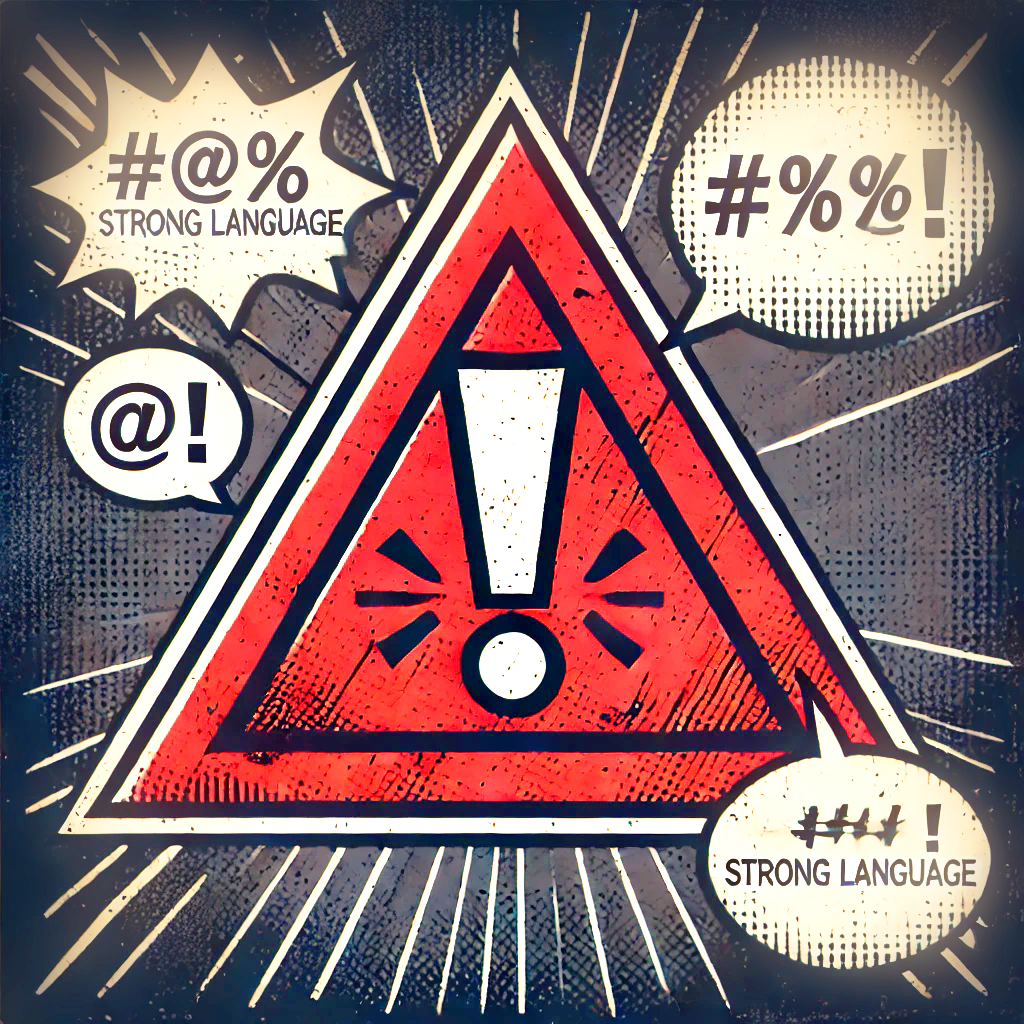The blank page—an empty canvas, alive with potential. It’s intimidating, isn’t it? That stark, white expanse waiting for your thoughts to take shape. But it’s also an invitation—a challenge to dive into uncharted corners of your mind and create something new. Writing isn’t just about arranging words; it’s a transformative journey, a dialogue between the story you’re crafting and the person you’re becoming.
Every time you wrestle with plot, character, or language, you’re shaping more than a narrative—you’re shaping yourself. Writing asks for introspection, pushing you to confront your beliefs, fears, and hopes. It’s in this crucible of creativity that raw experiences are molded into meaning.
Consider the novelist who creates intricate worlds and gives life to characters that begin to feel real. These characters laugh, cry, and grow alongside their creator. A hero might start as steadfast and flawless in the writer’s mind but evolve into someone more complex, even vulnerable. Along the way, the writer discovers something deeper about themselves—perhaps a new understanding of strength, humanity, or the messy beauty of imperfection.
The poet, too, experiences this transformation. A poem born from grief might begin as a torrent of pain, unfiltered and raw. But through crafting rhythm and imagery, the poet shapes that sorrow into something meaningful, even beautiful. In the process, they often find healing—clarity emerging from chaos, connection from loss.
For the essayist, the journey is intellectual discovery. A simple question might spark an essay, but as they research, reflect, and wrestle with complex ideas, their perspective deepens. The essay becomes more than an argument; it’s a process of learning, a chance to sharpen their understanding of the world and themselves.
The power of writing lies not only in the finished product but in the process itself. The struggle to find the right word, untangle a stubborn sentence, or wrestle with plot twists—every challenge leaves its mark on you. Writing teaches patience, resilience, and the ability to sit with uncertainty, valuing the journey as much as the destination.
The path from blank page to masterpiece is rarely smooth. It’s messy, full of dead ends, false starts, and moments of self-doubt. You may agonize over a paragraph for days, only to scrap it later. You may get lost in the threads of your story, unsure how to guide your characters to their destination. But in these struggles lies the magic of writing. It’s through these trials—pushing past frustration, experimenting, failing, and trying again—that you grow.
Think of a sculptor chipping away at marble, slowly revealing the form hidden within. The work is painstaking, requiring patience and persistence. Yet it’s through the resistance of the stone that the sculptor hones their skill, turning raw material into art. Writing is no different. The resistance you face—whether it’s your own doubts, the limits of language, or the sheer complexity of translating thought into words—refines you as a writer. Through that resistance, you find your unique voice.
So, embrace the journey. Accept the messiness, the uncertainty, and the vulnerability of putting your thoughts onto the page. Writing isn’t just about creating stories; it’s about creating yourself. In every word, you uncover something deeper, something truer. Let the blank page challenge you. Let it transform you. The story within you is waiting to be told—let your words bring it to life.




Leave a Reply